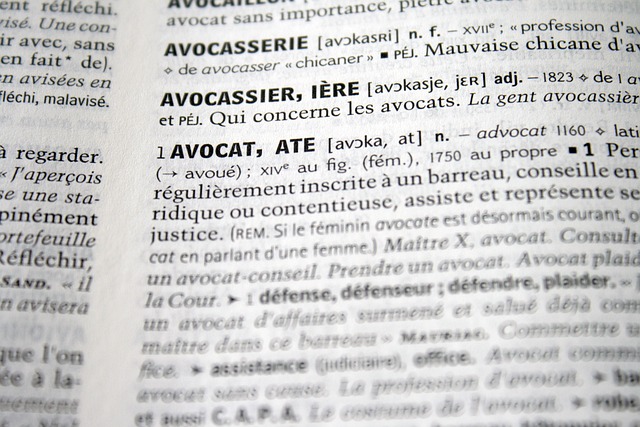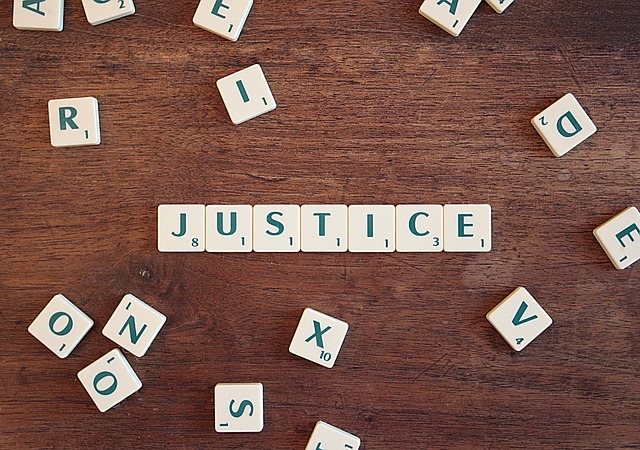The Canadian Youth Criminal Justice Act (YCJA) prioritizes rehabilitation and reintegration for young offenders, especially those involved in Juvenile DUI cases, by emphasizing restorative justice and community involvement. Support groups play a vital role in this process, providing safe spaces for teens to connect, share experiences, and learn coping strategies related to addiction, mental health, and delinquent behavior. These groups foster community, build resilience, and empower youth to make positive changes, ultimately contributing to safer communities. For effective rehabilitation, support groups combine group therapy with mentorship, addressing co-occurring issues like substance abuse and criminal behavior.
In Canada, the Young Offenders Act (YCJA) outlines a restorative approach to juvenile justice. However, the impact of crimes like Driving Under the Influence (DUI) on young people is profound. This article explores the transformative power of support groups in youth rehabilitation within the Canadian YCJA framework. We delve into how these groups not only facilitate recovery but also build resilient communities by fostering understanding, accountability, and support among juvenile offenders. Case studies highlight successful implementations, offering valuable insights for policymakers and practitioners.
- Understanding Juvenile Justice: An Overview of the Canadian YCJA
- The Impact of DUI on Youth: A Focus on Canadian Law and Consequences
- The Role of Support Groups in Youth Rehabilitation
- Building Community: How Support Groups Facilitate Recovery for Juvenile Offenders
- Case Studies: Successful Implementation of Support Groups in Canadian YCJA Settings
Understanding Juvenile Justice: An Overview of the Canadian YCJA

In Canada, the Youth Criminal Justice Act (YCJA) provides a framework for addressing juvenile justice issues, focusing on rehabilitation and reintegration. This legislation aims to hold young offenders accountable while also offering support to address the underlying causes of their actions. When it comes to cases involving Juvenile DUI (Drunk Driving Under Age), the YCJA guides the process by ensuring specialized treatment and programming tailored to the unique needs of young people. The act emphasizes restorative justice practices, community involvement, and education as key components in helping at-risk youth make better choices.
The Canadian YCJA recognizes that juvenile offenders are still developing and may be facing various challenges, including substance abuse issues like DUI. It encourages courts to consider alternatives to traditional punishment, such as diversion programs, which can be more effective in preventing future criminal behaviour. By understanding the YCJA’s principles, support groups, and recovery programs can better navigate the legal system while providing essential care for young individuals struggling with addiction and related offences.
The Impact of DUI on Youth: A Focus on Canadian Law and Consequences

Drunk driving is a serious issue, especially when it involves minors. In Canada, the impact of DUI on youth is addressed primarily through the Youth Criminal Justice Act (YCJA). The YCJA aims to rehabilitate young offenders while holding them accountable for their actions. When a youth is charged with DUI, the consequences can be severe, including community service, fines, and even potential jail time. These measures are designed not only to penalize but also to educate and prevent future instances of impaired driving among Canada’s youth.
Furthermore, the YCJA emphasizes the importance of rehabilitation and reintegration. Support groups play a crucial role in this process, offering young people a safe space to share their experiences, gain insights from peers, and learn coping mechanisms for dealing with addiction. By addressing the root causes of DUI and providing long-term support, these groups contribute significantly to breaking the cycle of substance abuse among Canadian youth.
The Role of Support Groups in Youth Rehabilitation

Support groups play a pivotal role in youth rehabilitation, offering a safe and non-judgmental space for young individuals facing challenges like those outlined in the Canadian YCJA (Youth Criminal Justice Act) and Juvenile DUI cases. These groups foster a sense of community, allowing teens to connect with peers who have experienced similar issues. This shared understanding can significantly reduce feelings of isolation and promote open dialogue about struggles related to addiction, mental health, or delinquent behaviour.
In the context of rehabilitation, support groups provide a unique opportunity for peer-to-peer learning. Members can share their stories, strategies for coping, and success narratives, empowering one another to stay on track. This social support is especially crucial during transitions from institutional settings to community-based programmes, ensuring a smoother reintegration process. For instance, a support group can offer valuable guidance and encouragement for youth navigating the challenges of returning home after a Juvenile DUI incident or a period of detention under the YCJA.
Building Community: How Support Groups Facilitate Recovery for Juvenile Offenders

Support groups play a pivotal role in fostering community and facilitating recovery for juvenile offenders, especially within the context of the Canadian YCJA (Youth Criminal Justice Act) and Juvenile DUI (Driving Under the Influence) cases. These groups provide a safe and non-judgmental environment where young individuals can connect with peers facing similar challenges. By sharing experiences, strategies, and emotions, members build a sense of belonging and mutual understanding. This support network is crucial for healing and personal growth, addressing issues like substance abuse or criminal behaviour that often co-occur in adolescents.
In the setting of Juvenile DUI, support groups can empower young drivers to take responsibility for their actions and make positive changes. Through open discussions, members learn from one another’s successes and setbacks, promoting a culture of accountability and healthy decision-making. Moreover, these groups offer a platform for educating youth about the long-term consequences of their actions, helping them understand the impact on their future and that of others. By engaging in regular group activities, juvenile offenders can develop essential social skills, gain confidence, and acquire coping mechanisms to navigate challenges outside the group setting.
Case Studies: Successful Implementation of Support Groups in Canadian YCJA Settings

In recent years, there has been a growing recognition of the value of support groups in helping young people navigate challenging circumstances, especially within Canadian YCJA (Young Offenders Act) settings. These groups have proven effective in addressing various issues, including substance abuse, which is evident in cases involving Juvenile DUI (Driving Under the Influence). One successful implementation involves a program that combines group therapy with mentorship, fostering a supportive environment for at-risk youth.
The case study highlights how structured support groups can empower young individuals to share their experiences, build resilience, and learn from peers facing similar challenges. By focusing on collective healing, these groups offer a sense of belonging and reduce feelings of isolation commonly associated with juvenile delinquency, including DUI offenses. This approach not only aids in rehabilitation but also promotes positive behavior change, ultimately contributing to safer communities.
Support groups play a pivotal role in the rehabilitation of juvenile offenders, particularly those facing the consequences of DUI under the Canadian YCJA. By fostering community engagement and providing peer-to-peer support, these groups offer a unique and effective environment for young people to recover and reintegrate into society. The successful case studies highlighted in this article underscore the transformative potential of support groups in addressing the challenges faced by juvenile offenders, ultimately contributing to safer communities across Canada.






